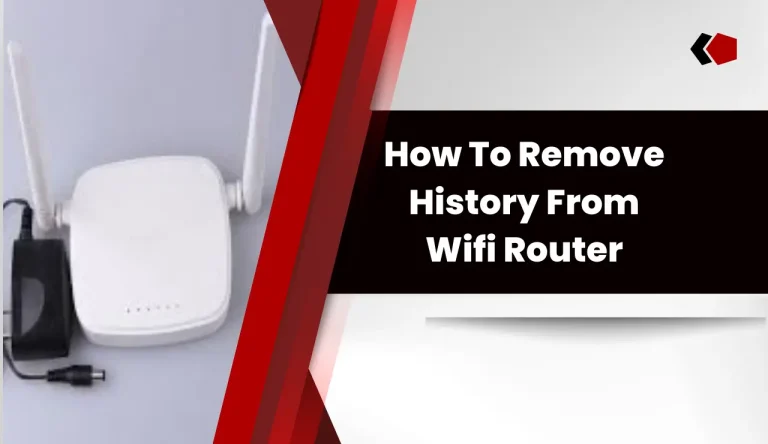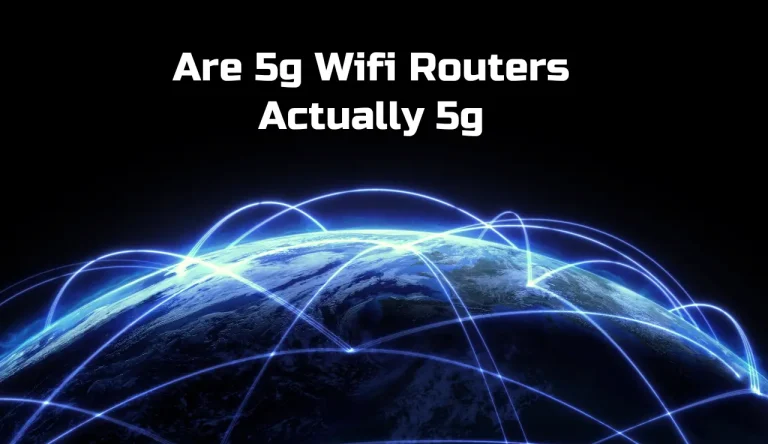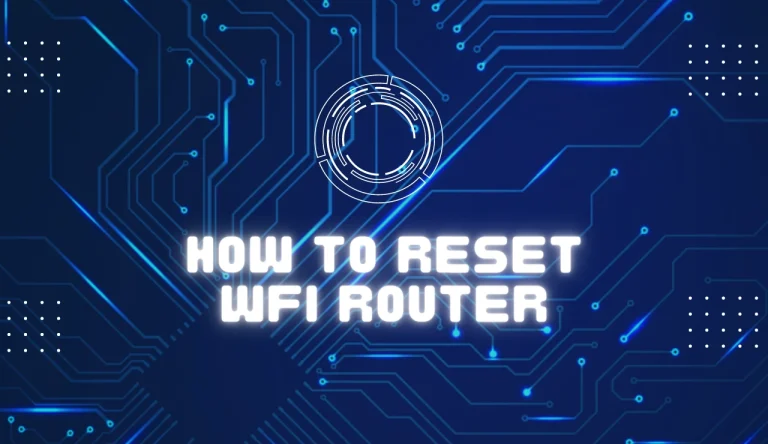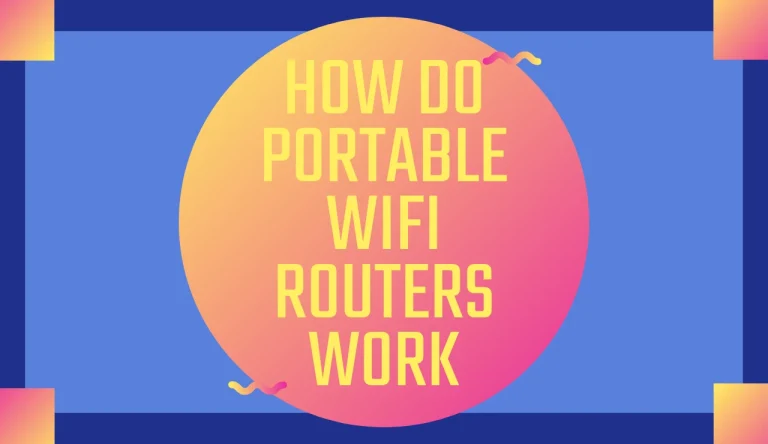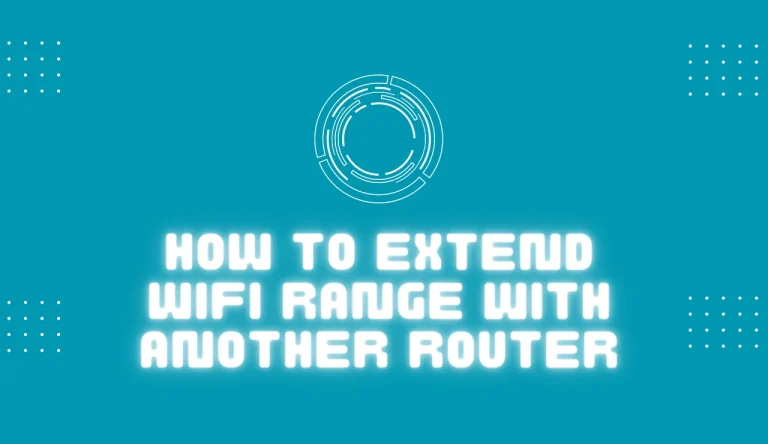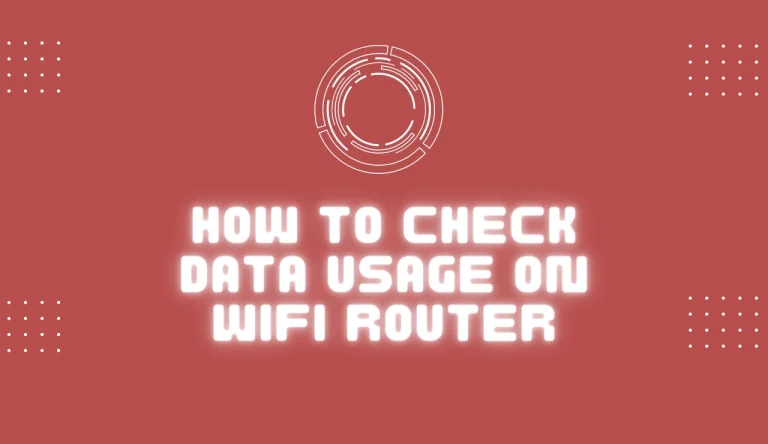Are 5g Wifi Routers Bad For Health
Are 5g Wifi Routers Bad For Health? This question has sparked debates and concerns among many individuals. With the increasing popularity of 5G technology, it is essential to understand its potential effects on our well-being. In this article, we will explore the scientific evidence surrounding the safety of 5G WiFi routers and address common misconceptions.
To begin, let’s delve into what exactly 5G technology entails and how it operates. By examining existing research studies, we can gain a better understanding of any potential health risks associated with prolonged exposure to WiFi radiation emitted by these routers.
Furthermore, we will discuss government regulations and safety standards that have been put in place to protect public health. Additionally, practical tips for reducing exposure to WiFi radiation will be provided.
It is important to approach this topic objectively and base our conclusions on reliable evidence. By staying informed about ongoing research and future developments in this field, we can make informed decisions regarding the risks and benefits of using 5G WiFi technology.
Key Takeaways
- Scientific evidence has not provided conclusive findings on the health risks of 5G WiFi routers.
- Government regulations and safety standards ensure that exposure to radiation from 5G WiFi routers is within safe limits.
- Common misconceptions include the belief that 5G WiFi radiation is more dangerous than previous generations and can harm children’s development.
- Existing evidence and guidelines from reputable organizations suggest that 5G WiFi routers have minimal risks to human health.
Understanding 5G Technology and its Potential Health Effects
Understanding the potential health effects of 5G technology is crucial when considering the use of 5G wifi routers. With the rapid deployment of this new wireless technology, it is important to address public concerns and potential risks associated with its implementation.
While some believe that 5G could have detrimental effects on human health, scientific evidence has yet to provide conclusive findings. Numerous studies have been conducted to examine the safety of 5G wifi routers, focusing on factors such as electromagnetic radiation exposure and thermal effects. However, the results remain inconclusive or suggest minimal risk within established safety guidelines.
It is essential to examine the scientific evidence on 5G wifi router safety in order to make informed decisions about their use and address any remaining concerns about their potential impact on human health.
Examining the Scientific Evidence on 5G WiFi Router Safety
Looking at the scientific research, it’s important to explore whether 5G routers pose any risks to our well-being. Many people have expressed health concerns regarding the implementation of 5G technology and its potential impact on human health.
To address these concerns, numerous scientific studies have been conducted to analyze the safety of 5G WiFi routers. The current body of evidence suggests that exposure to electromagnetic radiation emitted by these routers is within safe limits set by regulatory agencies such as the Federal Communications Commission (FCC). Furthermore, studies have found no conclusive evidence linking 5G WiFi router usage to adverse health effects.
However, it is essential to continue monitoring and researching this topic as technologies evolve. With a clear understanding of the existing scientific evidence, we can now move on to addressing common misconceptions and myths surrounding 5G WiFi router safety.
Addressing Common Misconceptions and Myths
Now let’s debunk some common myths and misconceptions about the safety of 5G WiFi routers. Contrary to popular belief, these routers don’t cause cancer or any other serious health issues. The scientific evidence overwhelmingly supports their safety.

Here are some misconceptions that need to be addressed:
- Myth: 5G WiFi radiation is more dangerous than previous generations.
- Fact: The frequency range used by 5G WiFi is similar to older generations and poses no additional risk.
- Myth: Living near a 5G WiFi router increases the risk of infertility.
- Fact: There’s no scientific evidence linking 5G WiFi exposure to infertility or reproductive problems.
- Myth: 5G WiFi radiation can harm children’s development.
- Fact: Numerous studies have shown that there’s no credible link between 5G WiFi exposure and negative effects on children’s health or development.
- Myth: Using a 5G WiFi router at home will expose you to harmful levels of radiation.
- Fact: The levels of radiation emitted by these routers are well below the safety limits set by regulatory agencies.
It’s important to separate fact from fiction when it comes to the safety of 5G WiFi routers. Government regulations and safety standards play a crucial role in ensuring our well-being in this technological age.
Government Regulations and Safety Standards
To fully grasp the extent of protection provided by government regulations and safety standards, you need to delve into the meticulous measures taken to ensure your well-being in this technologically advanced era. Government bodies around the world have implemented strict guidelines and regulations to mitigate any potential health risks associated with 5G WiFi routers.
These regulations are based on extensive research conducted by experts in the field of electromagnetic radiation. By adhering to these safety standards, manufacturers are required to limit the power output of their routers and ensure they operate within specific frequency ranges deemed safe for human exposure.
Additionally, government agencies regularly monitor and enforce these regulations to ensure compliance. This ensures that you can use your 5G WiFi router without compromising your health or well-being.
| Government Regulations | Safety Standards |
|---|---|
| Frequency restrictions | Power limitations |
| Compliance monitoring | Extensive research |
| Stringent guidelines | Expert evaluation |
Understanding how government regulations and safety standards protect you from potential risks allows for a more informed approach when it comes to using 5G WiFi routers. In the next section, we will explore tips for reducing exposure to WiFi radiation without sacrificing connectivity.
Tips for Reducing Exposure to WiFi Radiation
One effective way to safeguard your well-being in this high-tech era is by implementing simple strategies to minimize your exposure to potentially harmful radiation emitted by wireless devices.
When it comes to reducing WiFi radiation, there are a few practical steps you can take. First, consider placing your WiFi router in a central location away from frequently occupied areas like bedrooms or living rooms. This will help reduce the amount of radiation that reaches you and your family.

Additionally, turning off your router when not in use or during sleep hours can further minimize exposure. Another option is using wired connections instead of relying solely on WiFi whenever possible. Lastly, investing in shielding devices or covers specifically designed for routers can provide an extra layer of protection.
By adopting these measures, you can reduce the potential health concerns associated with WiFi radiation exposure. However, ongoing research and future developments continue to shed light on this topic without requiring any additional steps at this time.
Ongoing Research and Future Developments
With ongoing research and exciting advancements, the future promises to bring even more insights into the potential effects of WiFi radiation on our well-being. As concerns about 5G health effects continue to be debated, researchers are actively investigating the long-term health implications of this technology.
Studies are being conducted to examine the impact of prolonged exposure to 5G WiFi radiation on various aspects of human health, including cellular function and DNA damage. Additionally, researchers are exploring potential mitigation strategies and safety guidelines that can help minimize any potential risks associated with 5G WiFi routers.
By staying up-to-date with the latest scientific findings in this field, individuals can make informed decisions about their use of 5G WiFi technology.
Transitioning into the subsequent section about the ‘conclusion: weighing the risks and benefits of 5g wifi technology’, it is important to evaluate all available evidence before making any definitive conclusions on its overall impact on health.
Conclusion: Weighing the Risks and Benefits of 5G WiFi Technology
In weighing the risks and benefits of 5G WiFi technology, it’s crucial to consider all available evidence and make informed decisions. While concerns have been raised about potential health risks associated with 5G radiation, current research suggests that the levels of electromagnetic radiation emitted by 5G routers are within safe limits set by regulatory bodies.
Additionally, there are several health benefits that come with the implementation of 5G WiFi technology. These include faster internet speeds, improved connectivity in crowded areas, and enhanced capabilities for smart devices.
It’s important to note that ongoing research continues to assess the long-term effects of 5G radiation on human health. However, based on existing evidence and guidelines from reputable organizations such as the World Health Organization (WHO), the overall consensus is that 5G WiFi routers pose minimal risks to human health when used within recommended limits.
Frequently Asked Questions
Conclusion
In conclusion, it’s important to weigh the risks and benefits of 5G WiFi technology. While some concerns have been raised about potential health effects, the scientific evidence doesn’t currently support a direct link between 5G WiFi routers and negative health outcomes. Government regulations and safety standards are in place to ensure that these devices meet established guidelines.
However, for those who still have concerns, there are ways to reduce exposure to WiFi radiation. Ongoing research will continue to inform our understanding of this technology and any associated health risks.

